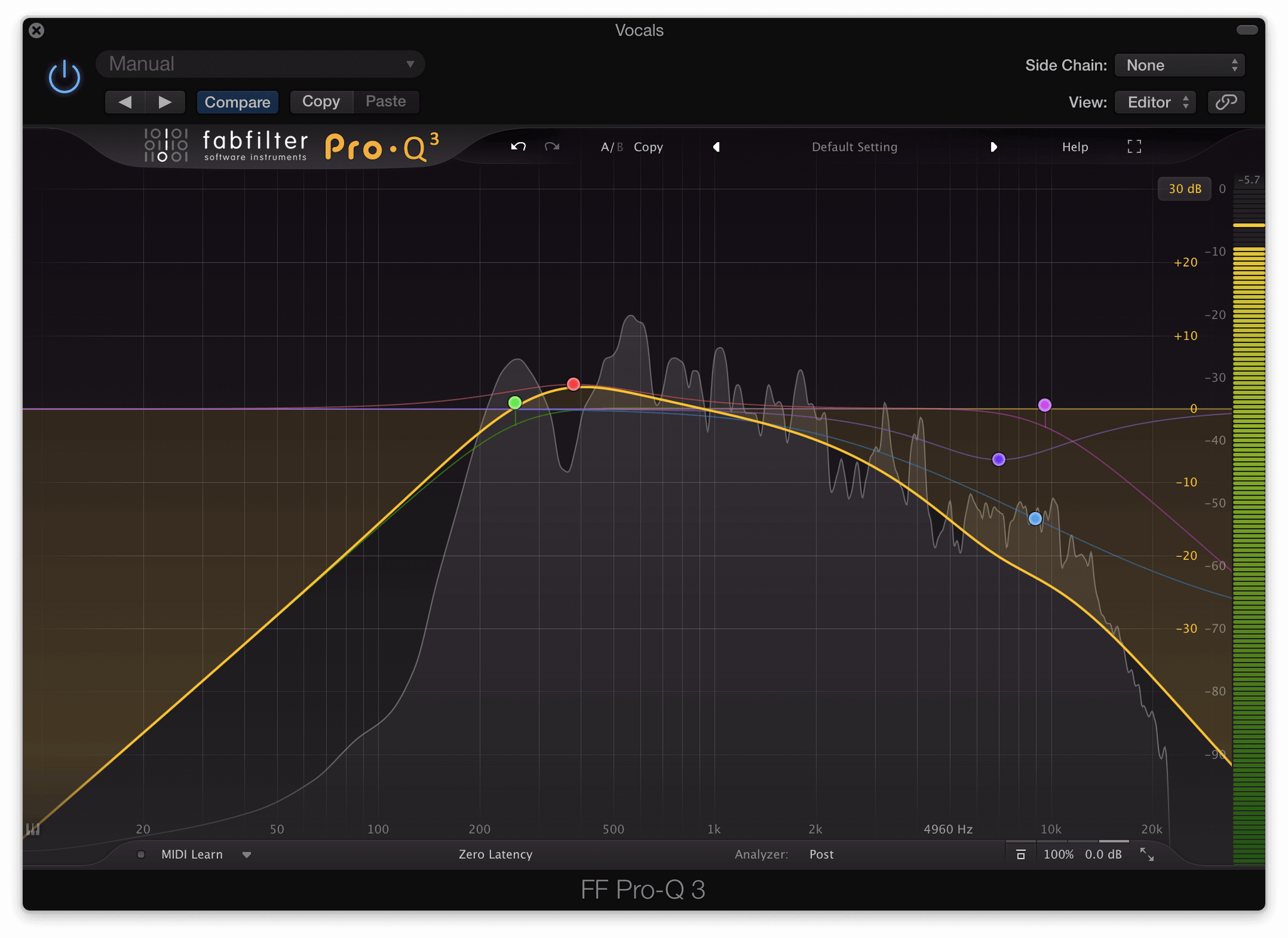- Joined
- Jan 27, 2019
- Messages
- 7,598
- Likes
- 12,828
Oh man, I'm getting deja vu to some other conversations....
First, please note that for the FIRST point of the discussion, nobody needs to accept that a tube amp increases the perception of depth etc. We are first talking
about my very use of the term sounding "more 3D" and whether such a description even makes sense in the context of 2 channel sound....
And what you are "trashing" is a strawman, unfortunately.
I mean, when I referenced "sounding more 3D" you surely didn't think I was claiming that tube amps completely altered playback so that sound now appears all around, directly overhead and behind a person. Right? You couldn't possibly think I meant that, as if I were presenting some new claim to physicists! That doesn't happen with 3D movies either...right?
It's simply very common parlance to refer to something that doesn't seem flat, but seems to have depth cues, as "more 3D." Like the difference between a flat image and a 3D image with greater depth cues.
With that strawman out of the way...2 channel sound can indeed produce a variation in the sense of depth and positions of acoustic objects in the soundstage. And this doesn't"exist in my head," it's a well-known, repeatable phenomenon caused by external cues, as per my previous posts. So to say I was referencing something that "exists only in my brain" entirely misunderstands what I was referencing.
Whether something like a tube amp or whatever can alter that is the next question, but let's at least be clear about which specific claims deserve critique.
On to the second critique:
Your opinion is noted.
As I mentioned: I've done blind tests on some gear (tube preamp vs solid state, different DACs) where slight differences in the apparent soundstage size/image separation helped me identify the devices I was listening to.
Have you tried this, before you decided on your claims?
See above. But if the term "3D" continues to irk you, feel free to substitute "sense of depth/spatial separation of sonic images."
That is a false dichotomy. We are not talking about two approaches that are either at odds, or that exist in their own bubbles. When I reference sounding more 3D in the sense I used it: that of increasing or varying the perception of depth in 2 channel sound, that isn't simply "art" it's reference to a real world phenomenon. Quantifiable enough to be manipulated with reliable results. (It's why software plug-ins are available for my DAW to achieve just such effects).
Again...see the references for technical methods to increase the perception of depth in a mix.
First, please note that for the FIRST point of the discussion, nobody needs to accept that a tube amp increases the perception of depth etc. We are first talking
about my very use of the term sounding "more 3D" and whether such a description even makes sense in the context of 2 channel sound....
Wrong impression. I’m trashing a) the concept of “3D soundstage”, which doesn’t exist outside one’s brain, being therefore impossible to quantify and reliable reproduce,
And what you are "trashing" is a strawman, unfortunately.
I mean, when I referenced "sounding more 3D" you surely didn't think I was claiming that tube amps completely altered playback so that sound now appears all around, directly overhead and behind a person. Right? You couldn't possibly think I meant that, as if I were presenting some new claim to physicists! That doesn't happen with 3D movies either...right?
It's simply very common parlance to refer to something that doesn't seem flat, but seems to have depth cues, as "more 3D." Like the difference between a flat image and a 3D image with greater depth cues.
With that strawman out of the way...2 channel sound can indeed produce a variation in the sense of depth and positions of acoustic objects in the soundstage. And this doesn't"exist in my head," it's a well-known, repeatable phenomenon caused by external cues, as per my previous posts. So to say I was referencing something that "exists only in my brain" entirely misunderstands what I was referencing.
Whether something like a tube amp or whatever can alter that is the next question, but let's at least be clear about which specific claims deserve critique.
On to the second critique:
and b) the idea that audio electronics has anything to do with the soundstage definition, be it 2D or 3D; except for pathological cases (like a stereo amplifier with very bad channel separation) the recording, the speakers and the room acoustics dominate the perceived soundstage.
Your opinion is noted.
As I mentioned: I've done blind tests on some gear (tube preamp vs solid state, different DACs) where slight differences in the apparent soundstage size/image separation helped me identify the devices I was listening to.
Have you tried this, before you decided on your claims?
By reading the verbose prose above, my understanding is that there’s an attempt to re-define the concept of “3D-soundstage”, to something that avoids the canonic geometric definition of location in a 3D coordinate system, be it x,y,z, or ro, phi, theta, or whatever other geometric affine transformation of these. Secondly, there’s an attempt to classify sound reproduction as some sort of art, making any attempt to define metrics, and follow a quantitative analysis process, moot.
See above. But if the term "3D" continues to irk you, feel free to substitute "sense of depth/spatial separation of sonic images."
Needless to say, I strongly disagree with both attempts. On the second point, I have no problem understanding the need for an “artistic” approach, in particular from those involved in sound post production. But then please leave STEM out of it, you cannot have the cake and eat it too. Process sound like you are painting your own private Gioconda, and leave it there.
That is a false dichotomy. We are not talking about two approaches that are either at odds, or that exist in their own bubbles. When I reference sounding more 3D in the sense I used it: that of increasing or varying the perception of depth in 2 channel sound, that isn't simply "art" it's reference to a real world phenomenon. Quantifiable enough to be manipulated with reliable results. (It's why software plug-ins are available for my DAW to achieve just such effects).
Again...see the references for technical methods to increase the perception of depth in a mix.
Last edited:



